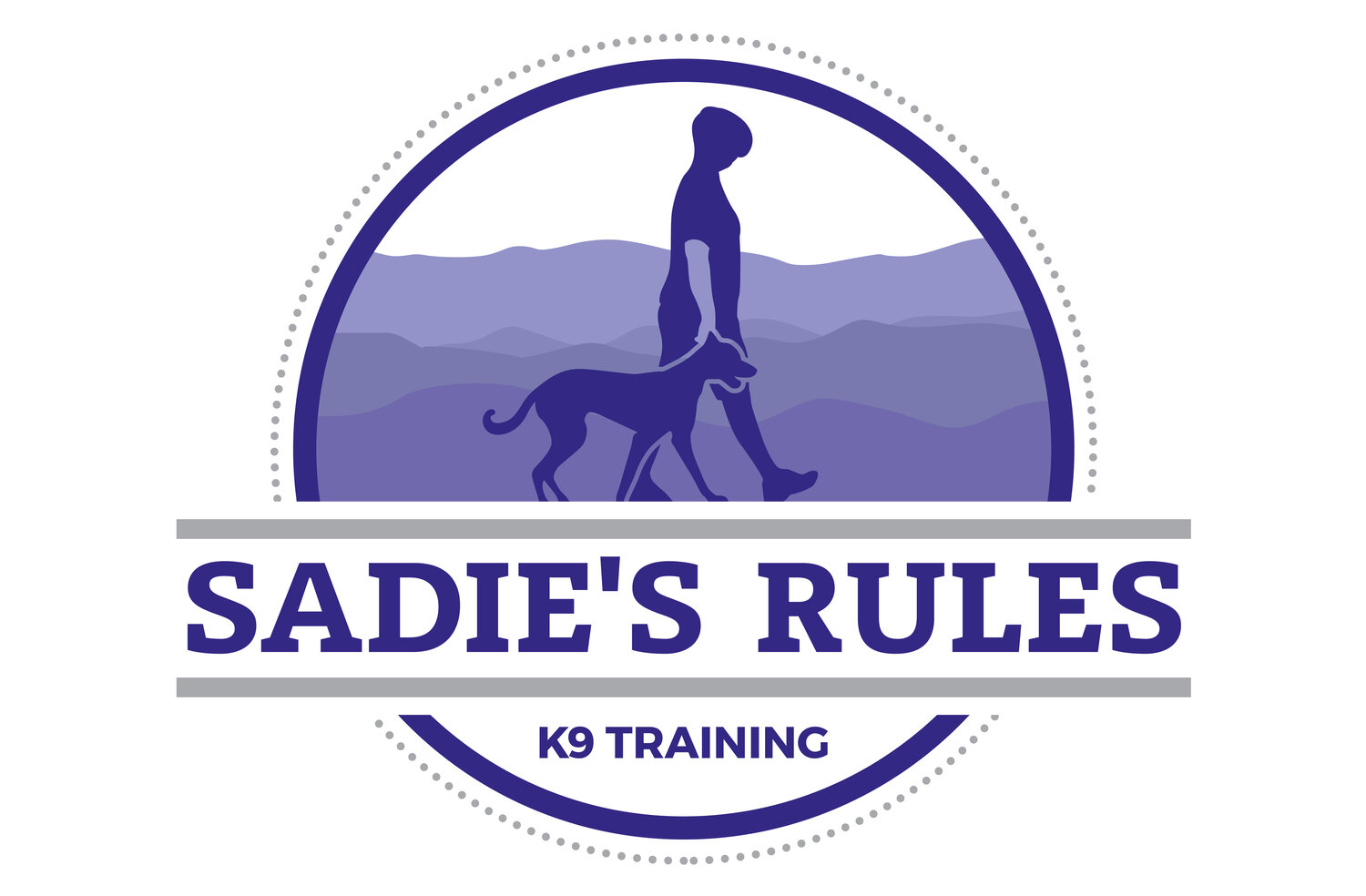We frequently hear stories of dogs returning home from board & train programs nearly untrained—they still don’t know basic commands or will only do them for food, for example, or they might know their basic commands but they’re still a wrecking ball around the house, or they don’t listen when any distractions are present, etc. As a professional dog trainer who is committed to training with integrity, this is very upsetting to hear.
If you’ve already invested in a dog training program and it didn’t produce long term results, I am so sorry. I am frustrated by this too.
Many dog trainers fall into the trap of blaming the owner, so I want to be very clear here: it’s probably NOT YOUR FAULT that your dog still needs training. It’s more likely that your dog still needs training because of one or more of the following reasons:
You didn’t get enough post-training support
The training wasn’t practical for “real life” situations
Your dog didn’t learn the right skills/behaviors
If you are still considering hiring a trainer to help with your dog’s behavior, here is my advice on how to find a quality training program:
Look for trainers who share videos of their work on social media. The videos should be:
RECENT - videos from 2019 or even 2020 aren’t going to cut it. Videos should be from the last few weeks or even the last few days. Ideally you’d be able to follow along with current trainees.
CLEAR - you should be able to see extended clips of good behavior in the videos. For example, the dog should be calmly cruising through the pet store in the heel position as they pass dogs, guinea pigs, food, toys, etc. A quick shot of a dog posed next to a fish tank doesn’t really show anything.
RELEVANT - the skills the dogs are learning and practicing should be practical and applicable for your life. Are you seeing clips of dogs doing things you’d like your dog to be able to do? Or are you seeing skills that might be impressive but aren’t necessarily the skills your dog needs?
Read the reviews on as many platforms as you can find. You can also look through the trainer’s videos to see if they have videos of the clients whose reviews you read. That’s a good way to know the reviews are real.
Choose a trainer who specializes in the kind of training you need. This is SO important because there are many kinds of training out there, and unfortunately many dog trainers don’t realize the limitations of their skill set. I am a family dog trainer, for example, and while it is sometimes tempting to take on clients who want to train their dogs for therapy or service work, I know that’s not my specialization so I won’t do it. There are lots of impressive skill sets in the dog training world, but make sure it’s the skill set your dog actually needs. If your dog isn’t going to be a police K-9, then you probably don’t need to hire a former police K-9 handler, for example.
Avoid trainers who won’t tell your dog no. I know phrases like “pure positive training” sound nice, but they’re not realistic. If you want reliable good behavior from your dog, then they need to learn what “yes” means AND they need to know what “no” means. The same is true for humans, right? We need to know what TO do, and we need to know what NOT to do.
Look for dog training programs that include post-training support. My programs come with lifetime email support, for example. It does not end when the board & train ends; in fact, it’s just beginning! Learning to work together with your dog and guide them to good behavior is a journey that requires the support of someone who understands. Make sure any dog trainer you hire is ready, willing and able to teach you what you need to know over the long haul.
I hope this helps you in your search for a dog trainer! If you’re in the Charlottesville and/or Central Virginia areas and you’re looking for a quality dog training program with a family dog trainer, then please feel free to reach out. I’d be honored to help.

